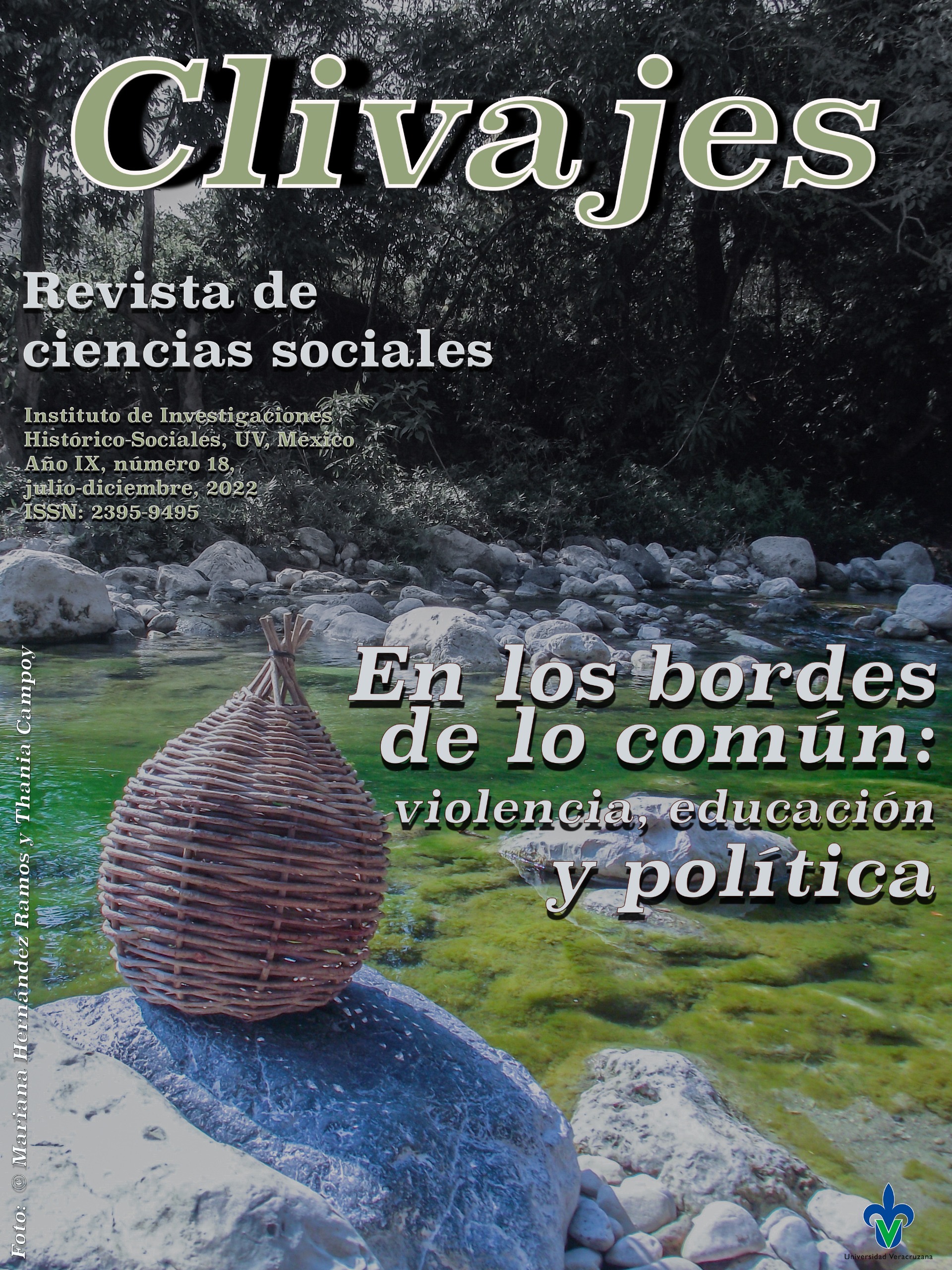Abstract
The category capitalism of cruelty is constructed in a theoretical articulation between the neo-extractivist economic model of the post-neoliberal phase of capitalism in its intertwining with the concept of necropolitics to account for the territorial, ecological, cultural, and subjective depredation that is taking place in most Latin American countries, particularly in the case of open-pit mining in San Luis Potosi, Mexico. It also presents the social resistance movements based on the policies of common life proposed by the decolonial turn, which have been a thinking-feeling of the ancestral indigenous people.
The first part presents a brief state of knowledge on the new phase of contemporary capitalism: neo-extractivism, to account for this cruel face of current capitalism, taking as an example the destruction caused by the mega-project of death, open-pit mining. In the second part and to deepen in this capitalism of cruelty, the work of Mbembe and his category "necropolitics" is analyzed, since this capitalism of cruelty requires a theoretical articulation between economic life and its consequences on the human, which in this phase has become a disposable subject. The last part presents the different politics of common life or common good proposed by Federici, the decolonial turn and transnational feminism as collective forms of opposition to the dispossession and depredation of the human.
Keywords: Capitalism of cruelty, Necropolitics, Disposable subjects, Open-pit mining, Common life


